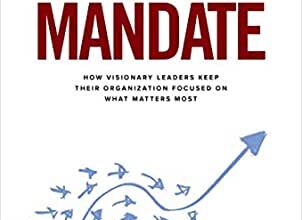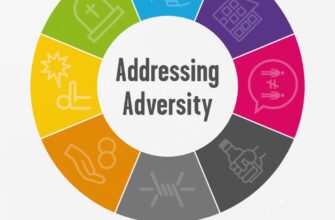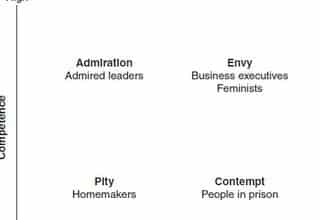Are you really as good a person as you think you are? Don’t get me wrong; I think you’re great, really, I do. What I’m asking is whether you are morally superior to the general population. Are your decisions more principled? Is you behavior more virtuous?
According to research in Social Psychological and Personality Science, we tend to see ourselves as better than other people. In the study, participants rated themselves and the average person on traits reflecting the core dimensions of social perception: morality (e.g., sincerity, honesty), sociability (e.g., warmth, likeability), and agency (e.g., competence, creativity). Virtually all individuals irrationally inflated their moral qualities. For instance, they rated traits like trustworthiness as 6.1 for themselves, but only 4.3 for others. The other domains of positive self-evaluation also received higher scores, but the participants didn’t inflate their scores as much as they did for the morality-based characteristics.
In another study from Motivation and Emotion, participants estimated the percentage of times they exhibited positive traits. Six weeks later, these same participants evaluated the average person’s positive traits based on estimates that supposedly represented the populace. In reality, the traits being measured were their own scores. Results found that people consistently gauge themselves more favorably than others, even when the estimates on which they base their ratings are identical to their own.
If you’re familiar with the theory of social projection, it states the belief that if you do something, others are likely to do the same. But if this were true, in the two studies above and numerous others, participants would either drop their own self-rating or rate everyone else higher. No, social projection may be true for aspects of our life, but there remains an assumption that one’s morality is significantly greater than everyone else.
As a leader, moral superiority can have dangerous repercussions. This “positive illusion” leads to self-justified corruption, a reduced willingness to compromise, and intolerance. In addition, people displaying this arrogance feel less obligated to follow a strict ethical code because they believe themselves to already be so much more progressive. Thus, by believing we are above the moral average, it could ironically makes us less so.
Don’t fall for the trappings of moral conceit. I’m sure you are extremely morality-bound, but so are most of the people around you. You may not always understand why they behave the ways they do, but that’s an opportunity to converse, not pronounce them as malefactors and yourself a saint. Sustain a more grounded outlook and keep your “ethical ego” in check.








